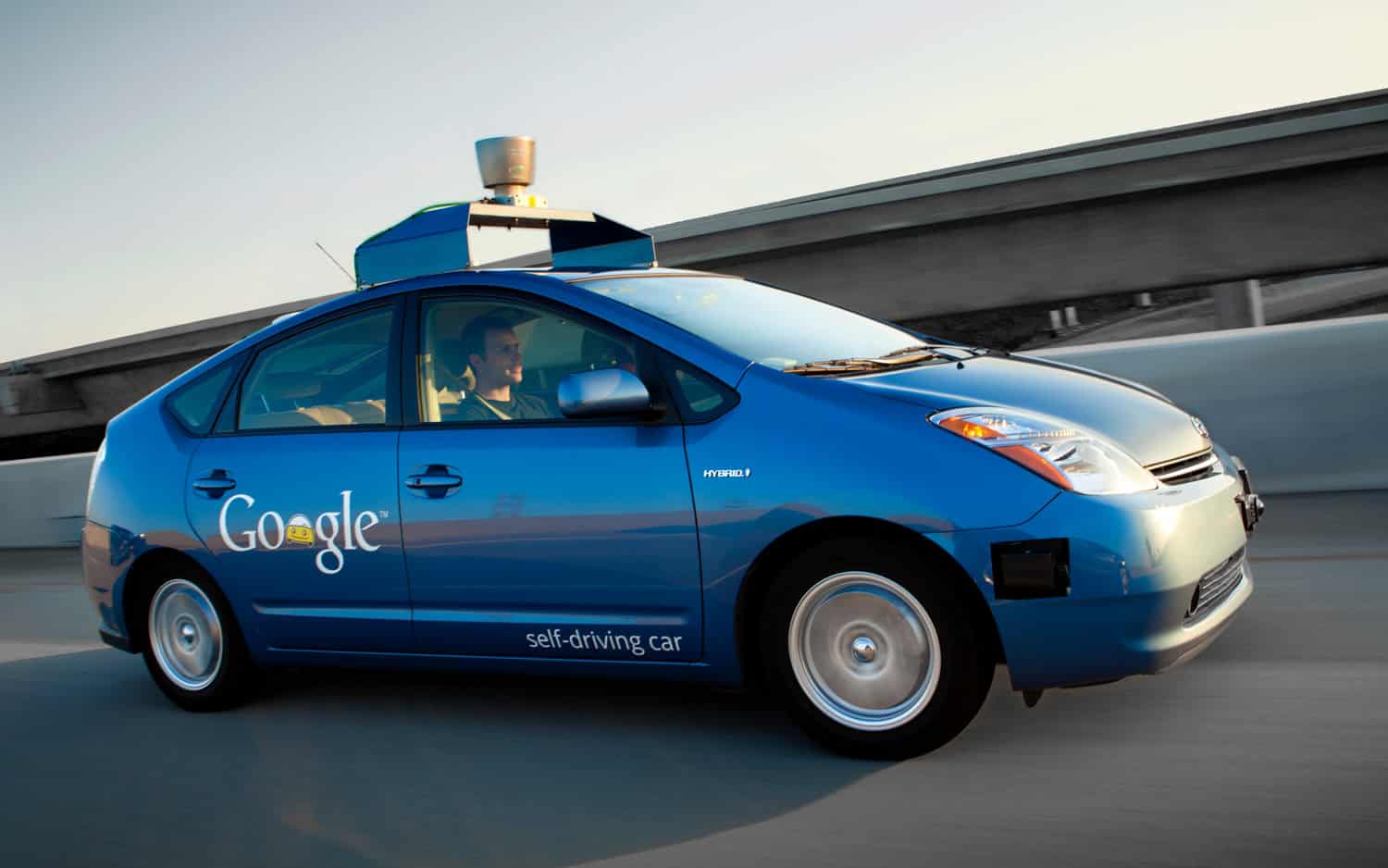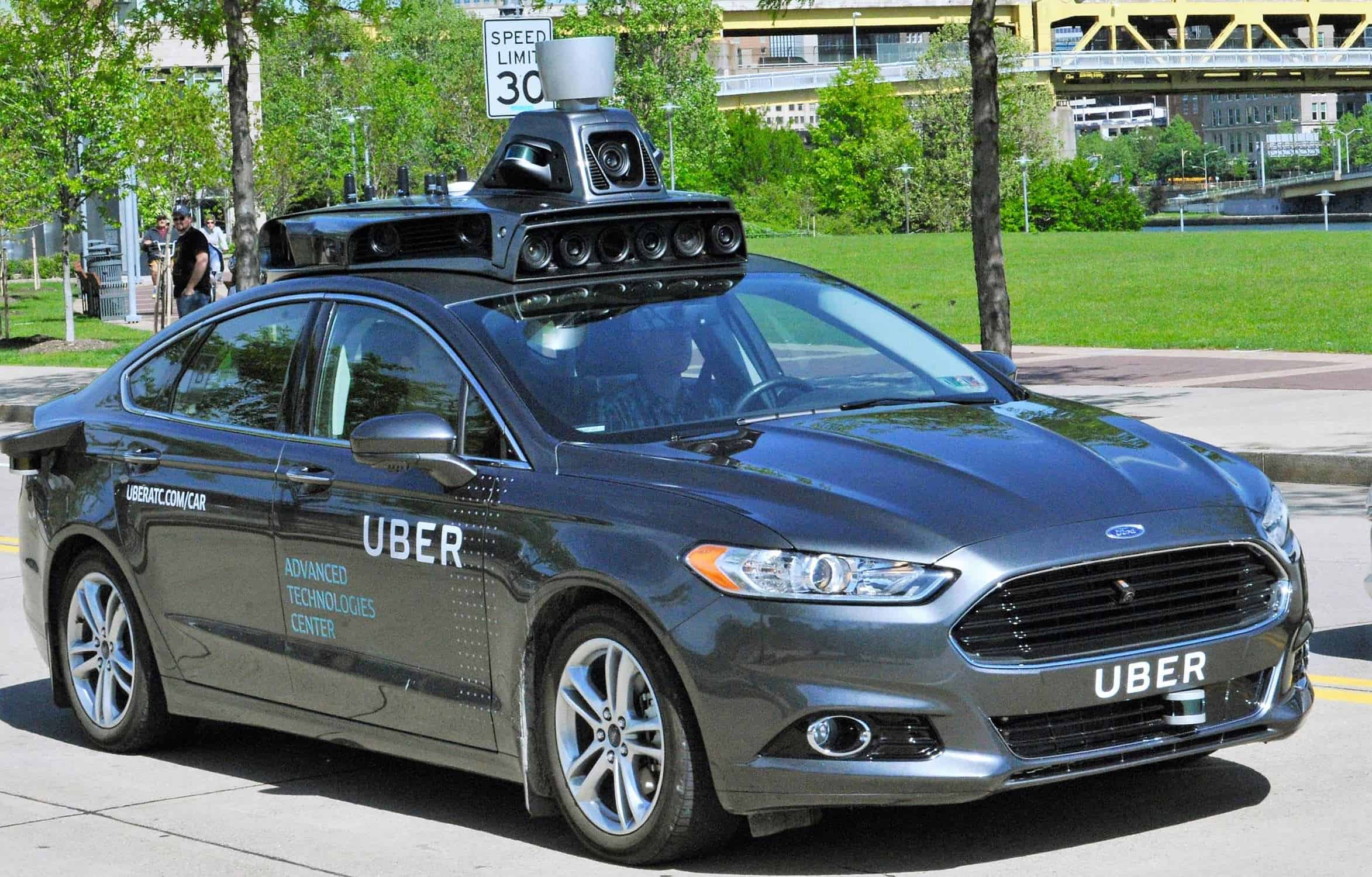In today’s world, self-driving vehicles are as ubiquitous as a smartphone or the Internet. The public and industry leaders have a mixed attitude towards autonomous vehicles, but there is no stopping the change. Autonomous vehicles are coming.
And the transition they will cause will be so big and profound that it will cause the whole economy to restructure. It will have massive effects on not just the automobile industry but also on many other related industries.
What is an Autonomous Vehicle?
The word autonomous implies self-governing.Essentially, an autonomous vehicle is one that can drive, accelerate, steer, brake and park on its own, without requiring the driver assistance.

These vehicles use an array of sensors to record everything in their surroundings and make decisions accordingly. Based on input from these sensors, advanced control systems are able to identify navigation paths and even interpret road signs.
How Close are we to a ‘Self-driving Car ’ Future?
There are many tech giants in the race for developing autonomous vehicles. Common names include Tesla, Google and most of the automobile companies.
Tesla does have some capabilities of a ‘self-driving car’ in their current models such as being able to steer, change lanes and park by itself. But the company says that it is still in a beta mode and much work is incomplete.
As of now, we haven’t yet developed a fully functional prototype that is able to drive completely on its own. But we will be reaching there soon.
Possibly in a matter of mere years.
Both Google and Tesla have declared their fully functional self-driving cars will be available to the public by 2020.
Ford, Volkswagen, GM, BMW, Audi and many other companies have announced tentative dates ranging from 2019 to 2021 for their self-driving cars to be available to the public.
Effect of Self-driving Vehicles on Industries
Speaking of self-driving vehicles, the taxi industry is the first thing that comes to mind.
Uber, the startup which disrupted the taxi industry is all ready to make it big in this transition. Currently, Uber drivers take home almost 75% of the fare you pay. Uber has invested heavily in the autonomous vehicle research. Their CEO, Travis Kalanick has announced that consumers can expect a self-driving Uber fleet by 2030.

According to a study conducted by Columbia University, with a fleet of mere 9000 autonomous vehicles, Uber can replace every cab in the New York city. These self-driving “on-demand mobility services” would require you to wait for an average of 36 seconds and fares amounting to 50 cents a mile. As the currently highest valued startup, replacing every cab in the United States is well within the realm of possibilities of Uber. With such low-cost and convenient rides, that take away the hassle of parking and speed tickets, Uber would become the dominant form of public transport on the roads.
But we are just scratching the surface.
A Future with No Private Cars
The ramifications extend well beyond taxi services. If you dive deeper into the calculations, with that cheap rate per mile, calling an Uber will be much cheaper than car ownership in the future. Car ownership will possibly become outdated and extinct. There have been many studies in this particular area by research firms as well as individuals. One by Deutsche Marketing team concludes that with the present rates, ridesharing is cheaper in some metropolitan areas and will be equal to and even lower than the cost of ownership when driverless cars are introduced. Another report by Uber itself pointed that the annual cost of car ownership is equivalent to 882 UberX rides.
That exceeds more than 2 trips a day- sufficient to cover your office rides and weekend trips.
Autonomous Vehicles Will Give Rise to On-Demand Mobility
People wouldn’t, however, just rely on stats and give up car ownership. Many people will still prefer owning a personal car owing such to convenience, flexibility, the love of driving or simply because it’s a status symbol as pointed by Uber in the same report. But as industries surrounding private car ownership slowly collapse, it will be more and more difficult to own and maintain a car. Eventually ‘on-demand mobility’ will take over private car ownership. Not long ago, horses used to be a similar symbol of status as luxury cars now. But we don’t see horses on the road these days, do we?
Supporting industries such as the automobile insurance industry, the after-sales market, the parking industry and automobile finance industry will take a serious hit. Car rental companies will be a thing of the past. The effects of autonomous vehicles will extend beyond consumer transport.
Vehicles used in the construction industry such as earth movers and unloaders, long-distance trucking vehicles and basically everything with a set of wheels will become automated and would not need a driver.
Effect of Autonomous Vehicles on Employment
IBIS world estimates there are 413,046 people employed in the taxi and limousine services in the US alone. Further, 4.1 million people are directly involved in the automobile production and maintenance industry. These people would be ‘ directly impacted by changes in U.S. production and sales of motor vehicles.’
The trucking industry employs another 8.9 million people. And the courier and delivery service accounts for another quarter million employees.
The widespread effects of the extinction of car ownership, if it happens in the future is unpredictable. This list is, by no means exhaustive; but there will be a loss or transformation of more than 15 million jobs in the next decade or so.That is close to 4.7% of the current US population and 7.94% of the current US employed population.
Conclusion
This potentially disruptive innovation is not going to be kind to many industries and employees alike.
However, looking at the brighter side, there will be fewer road accidents and less pollution. We may even be able to undo the damage done to the ecosystem in the future. Road space and traffic will be freed up considerably as there will be no parking on curbs or inconsiderate driving.
No matter how much research we conduct in this regard, a change of this magnitude will have unexpected results. In the near future, it wouldn’t be surprising to see the educational system as well as society undergoing massive changes to gear up for this revolution.

